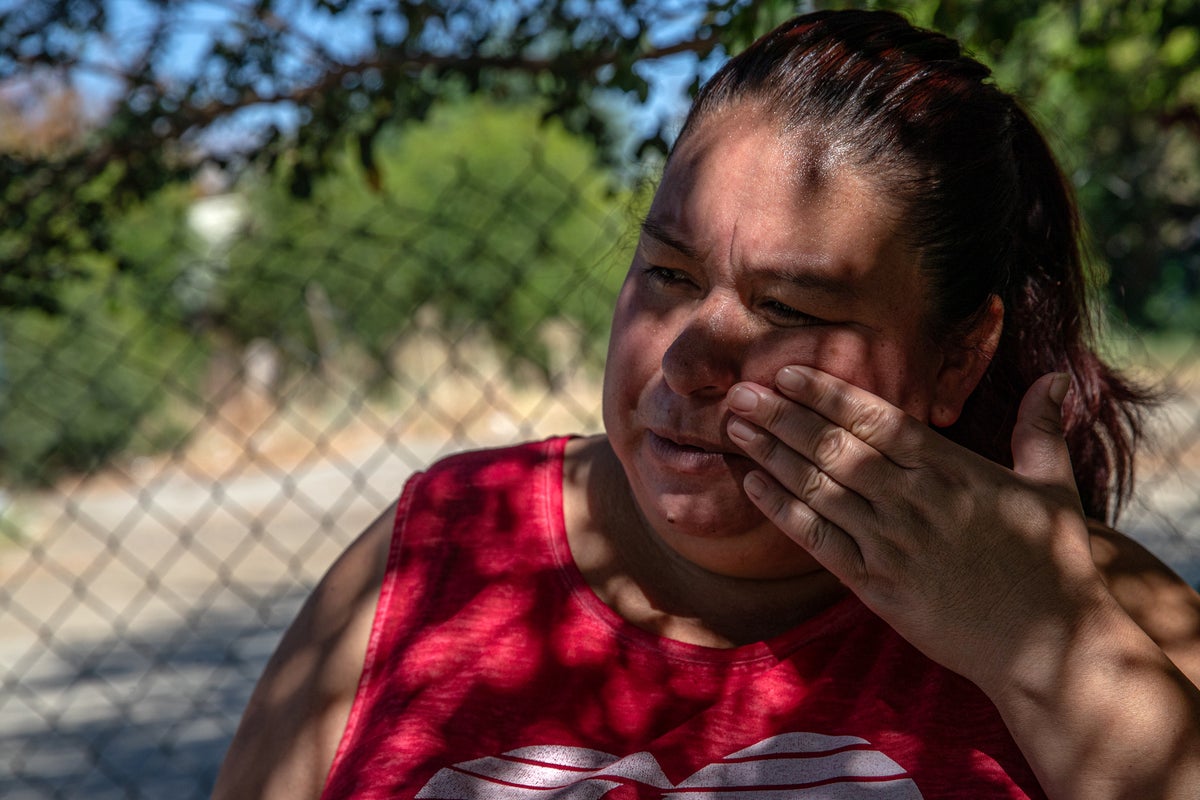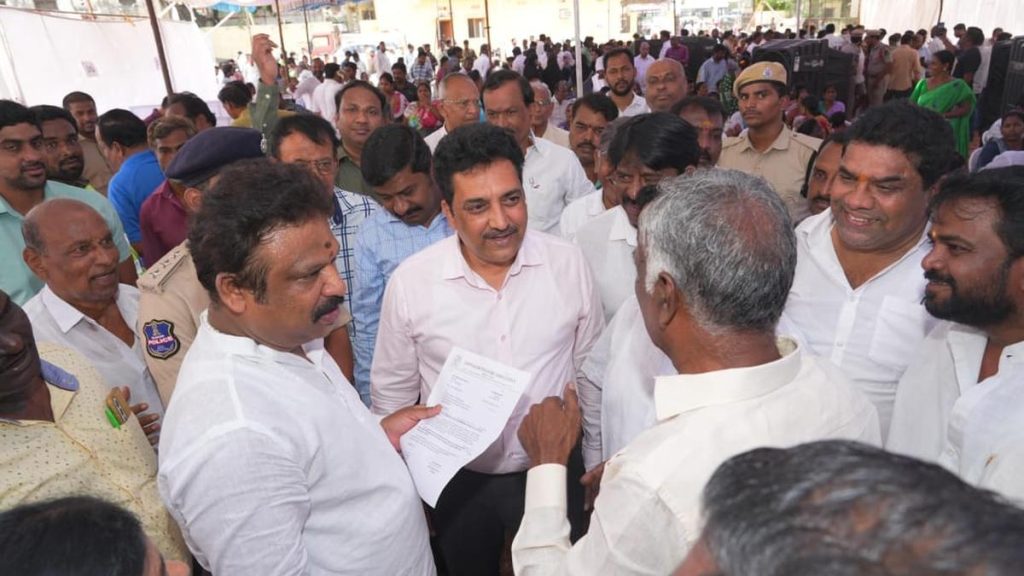Now Reading: Trump Administration Scales Back Extreme Heat Initiatives
-
01
Trump Administration Scales Back Extreme Heat Initiatives
Trump Administration Scales Back Extreme Heat Initiatives

swift Summary
- Widespread layoffs at the U.S. Department of Health and Human Services (HHS) have dismantled programs addressing extreme heat and climate-driven weather preparation.
- Staff responsible for administering grants to state and local health departments, maintaining online tools like HeatRisk Tracker, and overseeing resources such as the Low Income Home Energy Assistance Program (LIHEAP) have been let go.
- LIHEAP staff layoffs jeopardize $378 million in funds intended for 6 million low-income households to afford air conditioning or heating during extreme weather.
- The CDC Division of environmental Health Science and Practice has lost nearly all staff from its climate and health program, halting grant reviews that impact ongoing funding allocations.
- Tools like HeatRisk tracker and new pollen-related health response systems face an uncertain future due to the layoffs affecting technical staff who developed these tools.
- Hundreds more HHS workers are expected to be terminated by June 30, including key personnel at the National Institute for occupational Safety and Health (NIOSH).
- NIOSH functions such as respirator certification essential for wildfire fighters face disruption due to loss of expertise.
Indian Opinion Analysis
These developments highlight critical risks associated with reduced staffing on programs aimed at combating the growing impacts of extreme weather events exacerbated by climate change. While India’s situation is geographically distinct from America’s handling of federal responses,this news highlights universal themes relevant globally: prioritization of public health resource allocation during pressing environmental challenges.
For India specifically,where summer heat waves frequently overwhelm infrastructure serving vulnerable populations,similar preparedness strategies reliant on adequate staffing would be crucial. tools akin to HeatRisk Tracker could bolster how data-driven planning mitigates fatalities tied directly to rising temperatures.
Furthermore, India’s burgeoning climate adaptation plans may need focused institutional commitment toward evaluating heat stress among outdoor workers-a demographic mirroring concerns raised about American labor safety protocols undercut by these HHS layoffs. Policymakers in India might glean lessons about safeguarding essential services amid organizational changes or re-prioritizations influenced by fiscal constraints.



























